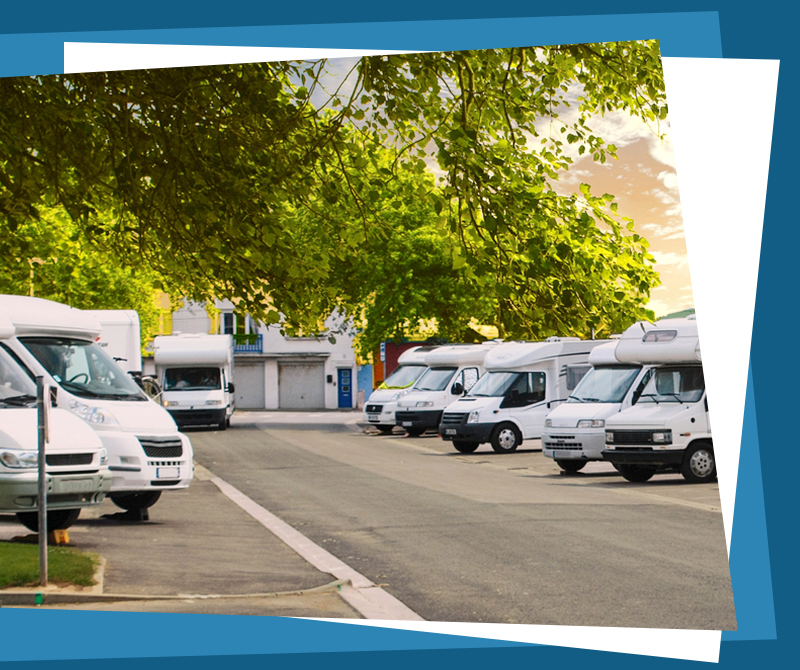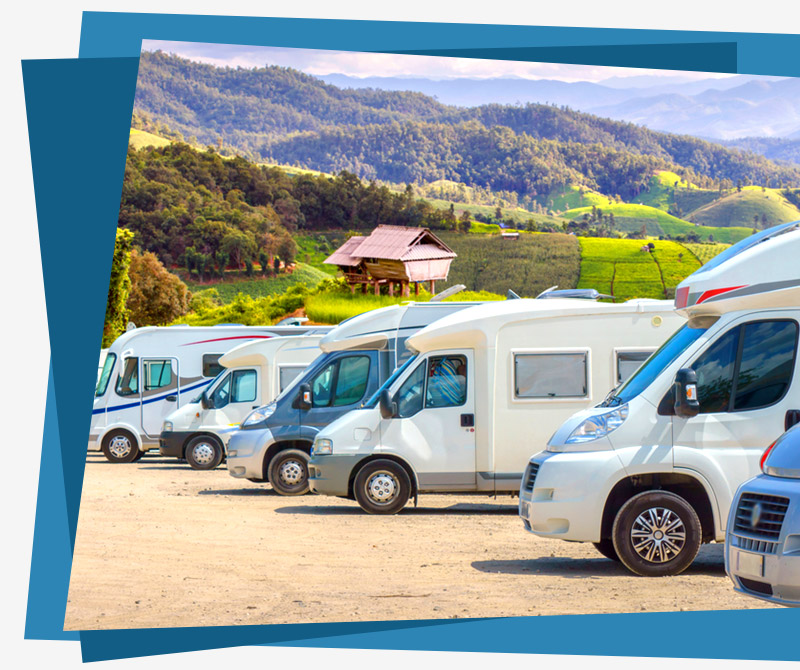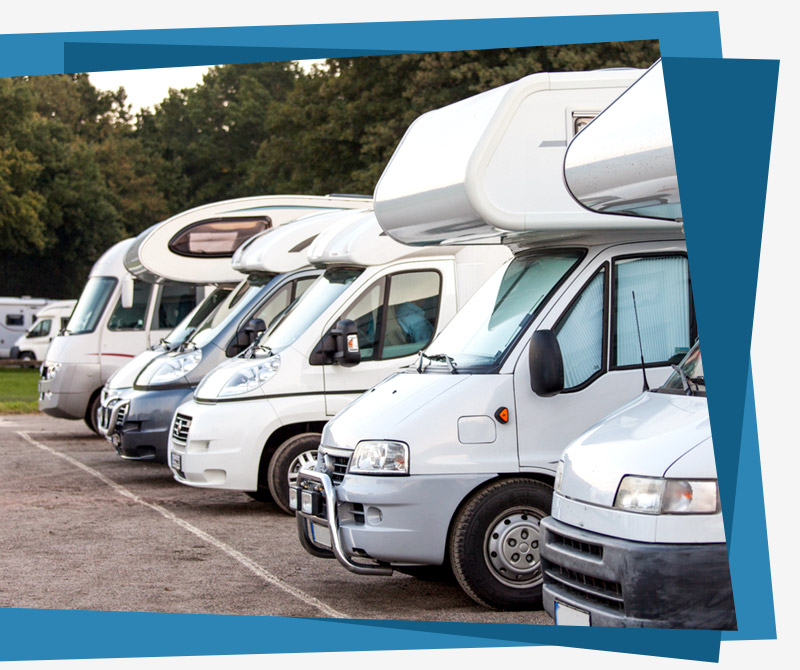
Carry out a deep clean

The first step in the process starts with carrying out a deep clean. This can involve removing all food from your motorhome, cleaning out cupboards and appliances, and vacuuming thoroughly to ensure all crumbs are removed. You should also clean the exterior of your vehicle too, as bird droppings can damage the paintwork if they are left for an extended period.
As well as this, it is important to clean out your motorhome’s water system. You can do this by flushing it through with water and bicarbonate of soda, or using a sterilising fluid, and drain it down. Also, you should open all taps in the motorhome including the shower, to allow both the hot water and cold water to drain out. Don’t forget to make sure the waste tank is also empty, and if you want to leave drain valves open for ventilation, make sure you prevent creatures from getting in by covering the outlets with mesh. For more advice and support on draining your vehicle’s water system, see our complete guide to winterising your motorhome with a range of tips to remember this winter.

Battery Maintenance

When your motorhome is left unused for months, the battery can end up fully discharged, resulting in permanent damage and a reduction in its capacity. The same problem can apply to the leisure battery. Many manufacturers recommend disconnecting and removing the leisure battery and keeping it in a place where it can be charged intermittently. If a battery is fully disconnected but left in situ it will still lose charge over time. The simplest way you can keep your motorhome batteries charged, is by taking it for a drive at regular intervals so that the battery can recharge.
Another option is to have a solar panel installed on the roof of the motorhome. Provided it is a minimum of 40W it should provide adequate power to keep both batteries sufficiently charged through the winter. Check your vehicle manual before taking any steps to prepare your battery for storing your motorhome.





















